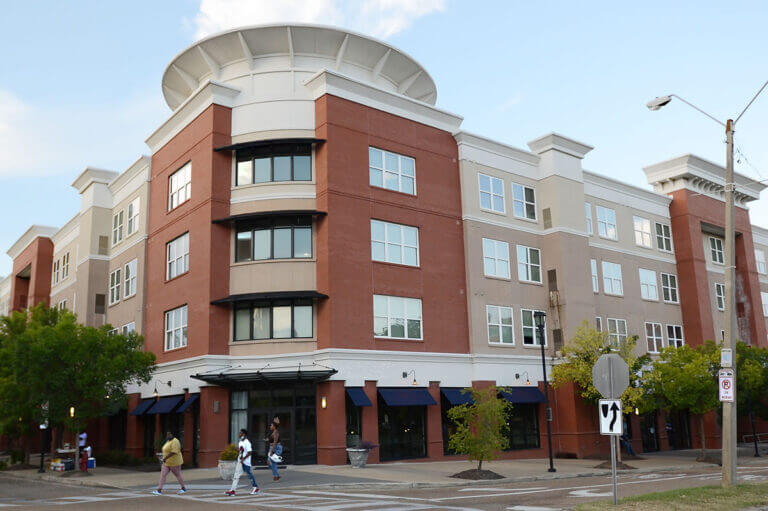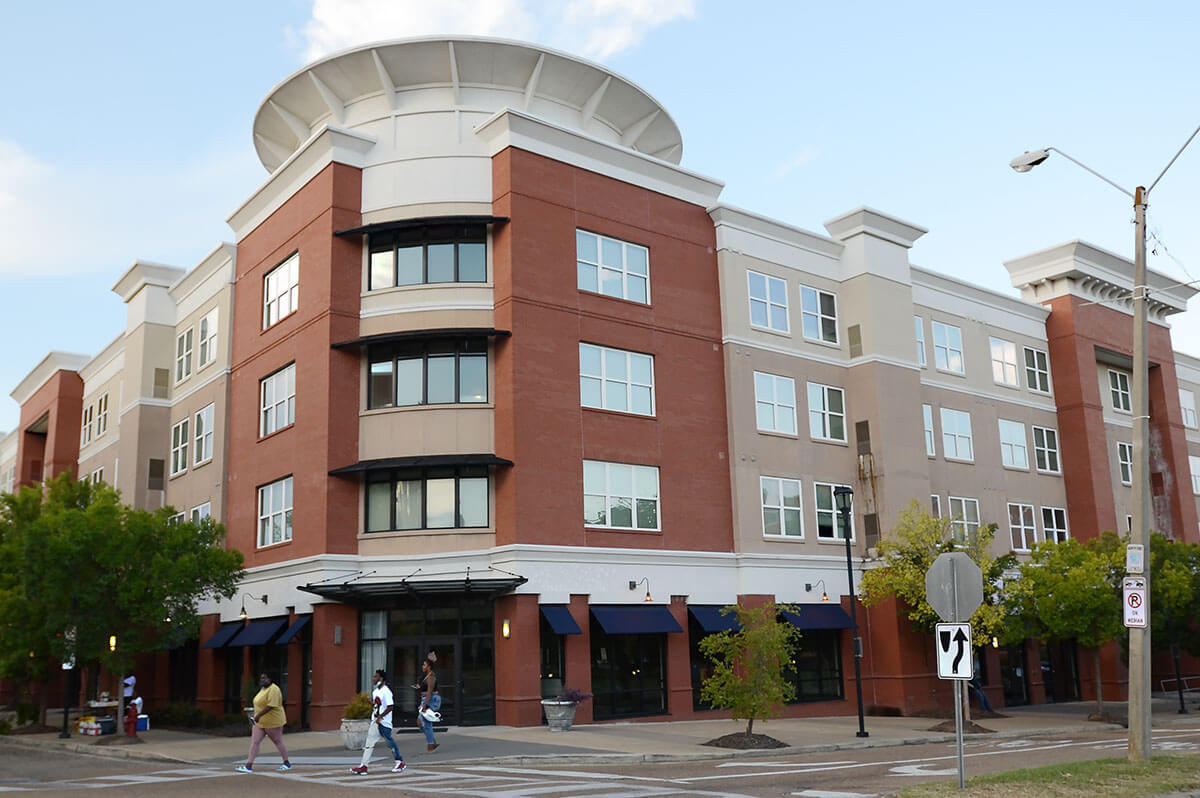

More than 380 students on financial aid at Jackson State University have signed a petition calling on Denise Jones-Gregory, the interim president, and the university’s housing and residence life office to “address an unfair housing crisis” as they scramble to find lodging just days before classes begin.
Arianna Thomas, who identified herself on the change.org site as a Jackson native and honors elementary education scholar, created the petition Wednesday. She could not be reach for comment.
Students who applied for dorms and financial aid in the spring were removed from their housing assignments without warning, according to the change.org petition. Some were told they were rejected because of unpaid balances or their aid wasn’t applied correctly or delayed.
As a result, students said they are now left without housing, placed on waiting lists or reassigned to more expensive campus lodging and meal plans costing $3,000 or more. Students said no clear answers have been provided by university officials to address the matter, according to the petition.
When reached for comment via email by Mississippi Today, university officials said they were aware of the petition and working to address the issue.
“Jackson State University understands the importance of stable housing to our students. We are working directly with students who still need placement, including partner housing that offers shuttle service, security and daily support,” Anthony Howard, media relations specialist with the university, said in an email statement. “While each student’s situation is unique, our Housing and Residence Life team and university partners are also assisting students with cost concerns to ensure they have the resources they need.”
Commenting on the change.org site, Naheeme, a student from Bronx, New York, said, “They have terrible communication when it comes to housing and they makes problems for family’s because that disrupts people money due to not having them having overly expensive housing it’s just not acceptable for a school as good as Jackson State.”
“Students should be provided the housing they paid and waited for,” a student from Houston named Rhylin commented.
“Students need the housing they apply for. Stop prioritizing students that you don’t know will stay over returning students who need housing to continue their education. Graduation rates will surely drop,” said Deona, a student from Jackson.
Last year, former university president Marcus Thompson unsuccessfully pitched a $5 million plan to Mississippi’s college governing board to purchase the Jackson Marriott as a temporary solution to a housing crisis as the school experienced increasing student enrollment in the past years.
Thompson, who prioritized the issue during his tenure, told board members the school had received roughly 800 more housing applications than it had to accommodate when the campus only had 2,000 available beds.
For years, the state’s largest HBCU has been trying to secure funding to fix its housing shortage through state legislative support.
For the 2025-26 academic year, the school leased 106 rooms at the Holiday Inn Express & Suites in downtown Jackson for $2.1 million, providing housing for 200 students according to Mississippi Institutions of Higher Learning board meeting minutes. The state college governing board approved of the leasing agreement during a July 31 special called meeting.
Alcorn State University, the state’s oldest land grant university and an HBCU, is also experiencing a housing crunch as dozens of students will be spending their first semester rooming at Magnolia Bluffs Casino Hotel of Natchez, which is owned by Magnolia Bluffs Casino, according to the IHL board’s meeting minutes from a July 18 special session.
The hotel is approximately 40 miles from the university’s main campus in Lorman. About 100 students will be housed in 50 rooms at the hotel, which is 1 mile away from the casino. Two additional rooms will provide lodging for administrative staff as oversight as Robinson and Burrus Hall, a residence on campus remains offline for repairs. These projects are funded through Higher Education Emergency Relief Funds, which are set to expire next year.
Transportation services will be provided to students, John Pearce, senior associate commissioner of the IHL explained, during the session.
- Sen. Wicker writes to Kristi Noem opposing feared ‘ICE warehouse’ in Byhalia - February 4, 2026
- House votes to legalize online sports betting and divert $600M to pension system - February 4, 2026
- Lawmakers push bills to heighten transparency for rural health federal funding - February 4, 2026